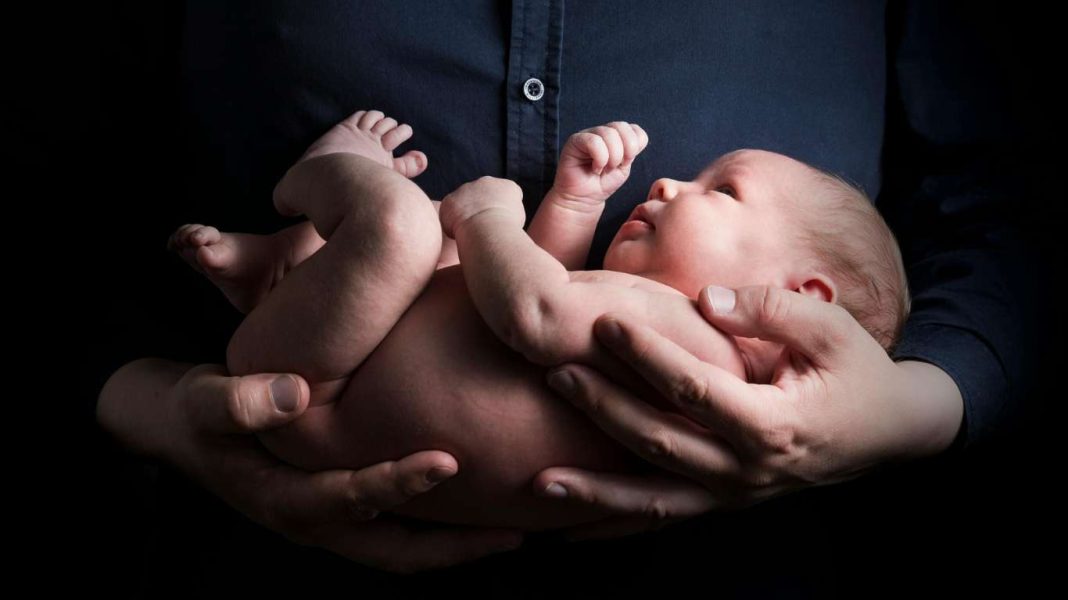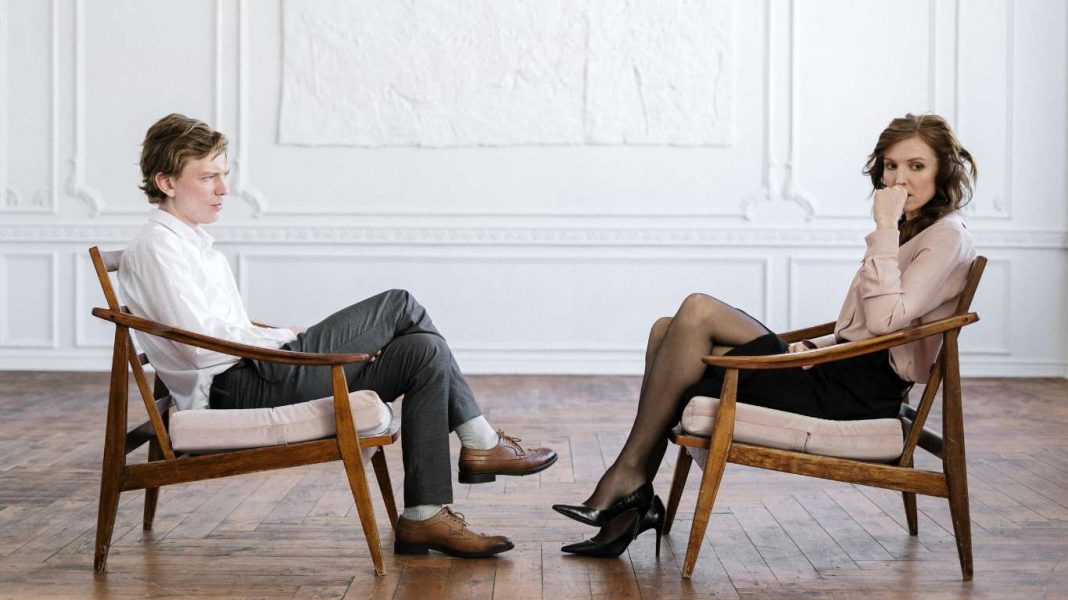When you look for a country to settle down your primary concerns are safety, high standard of healthcare and education, and these are the precise reasons people are selecting the UAE for settling down. The UAE is a great place to raise families. The numerous opportunities the Emirates presents to its people are all great charms for newlyweds looking for a place to start their family life.
The government also makes it easy for expats to register the births of their children in the country. Here is all you need to know about the procedures you have to follow to register the birth of a newborn and to apply for their residency visa and Emirates ID.
Getting a birth certificate
After the baby is born, the hospital will provide a stamped and signed birth notification.
Government hospitals will issue birth certificate as a next step. However, for babies born in private hospitals, parents will need to apply to Ministry of Health and Prevention or the health authority in their emirate of residence for a birth certificate by presenting the birth notification.
Birth certificate and residence visa for newborn expatriates
Residents have a maximum period of 30 days to register their child’s birth in the UAE. If the parents are of different nationalities, the child will adopt the nationality of the father. To process the birth certificates, a parent must submit the following identification papers to the hospital where the child is born, or to the relevant health authority in the emirate:
- Attested Arabic translated marriage certificate if it is in a language other than Arabic
- Copy and original of husband’s and wife’s passport and residence visa
- Birth notification details from the hospital
- Discharge summary from the hospital
All expatriates must get birth certificates attested by the Ministry of Health and Prevention and Ministry of Foreign Affairs and International Cooperation. Birth certificates stamped by Department of Health – Abu Dhabi (Doh) or Dubai Health Authority (DHA) are equivalent to the seal of Ministry of Health and Prevention.
Residents have 120 days from the birth of their child to arrange the formal documents which includes birth certificates, passports, Emirates ID and visas of their newborn babies. If the residence visa is not finalized within 120 days, then a fee of Dh100 per day would be charged for each day over the 120-day period, and the baby will not be allowed to exit the country.
In order to apply for a passport, you need to approach your country’s embassy in the UAE.
The residence visa process for a newborn is the same as that for sponsoring your child’s visa in the UAE. You need to fulfil certain sponsorship requirements before you can apply. First, you must have a valid residence visa. You must also have a minimum salary of Dh4,000, or Dh3,000 plus accommodation.
If you are the mother, you can only sponsor your child if approved by the ICP.
To apply for your newborn’s residency visa, you will need (in addition to your own identification) the child’s passport and birth certificate. You can apply by filling out a form and submitting documents on the GDRFA website, or by visiting and Amer center in person.
The fees are Dh100 for the urgent service, plus Dh10 as the knowledge and innovation fee.




